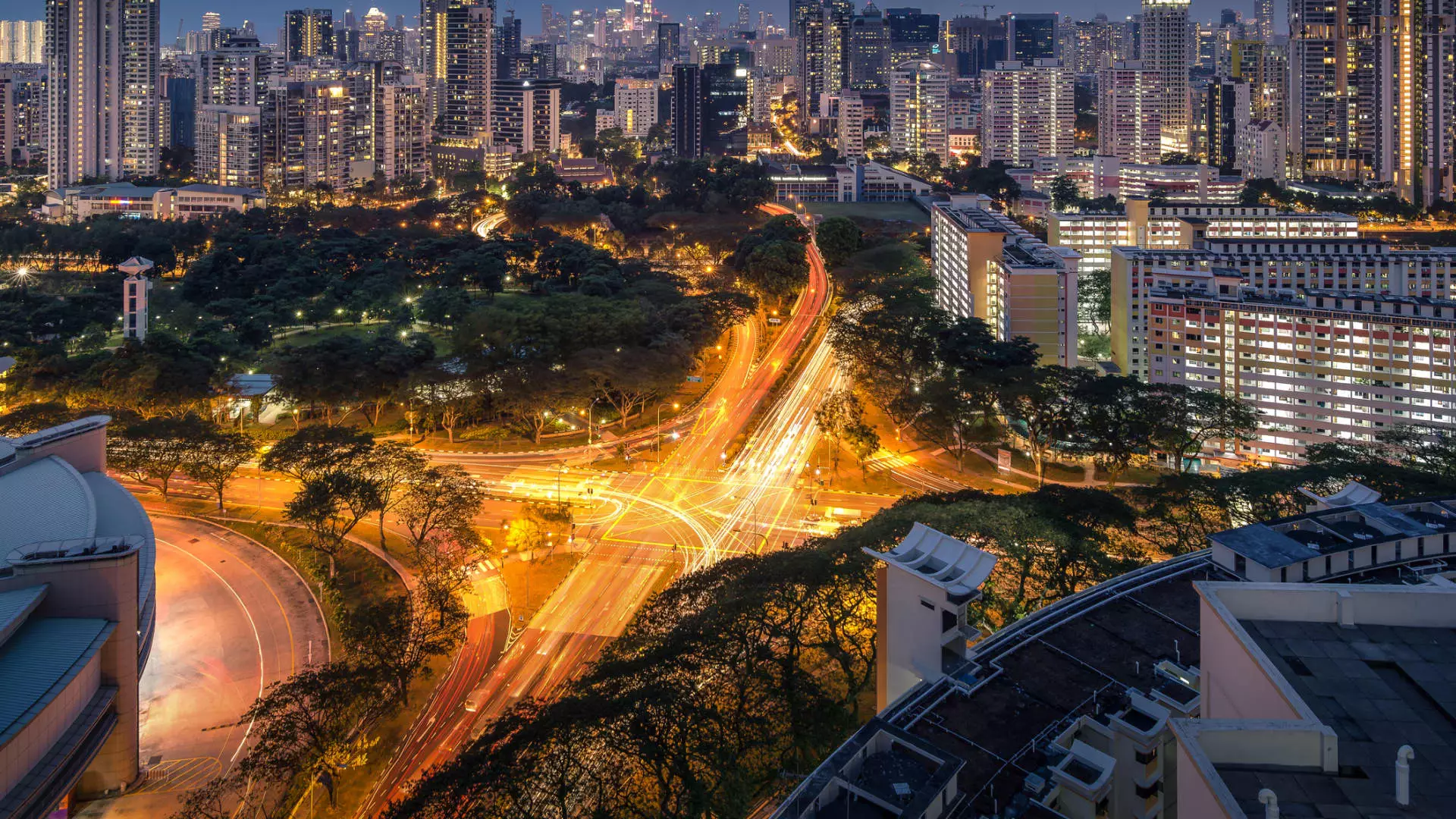The property market in Singapore, renowned for its dynamic fluctuations, is currently witnessing a noteworthy shift. As recently indicated by preliminary figures from the Urban Redevelopment Authority (URA), private home prices have experienced a peculiar downturn for the first time in five quarters. This decline, quantified at 1.1% in the last quarter, contrasts sharply with the previous trajectory of the market, where consistent price rises characterized the landscape. The latest statistics illuminate a deeper story, revealing that despite a modest gain of 1.1% over the first three quarters of 2024 compared to the same timeframe last year, the gains have significantly diminished from a more impressive 3.9% increase recorded in 2023.
In conjunction with falling prices, the number of sales transactions has also taken a hit, dropping approximately 11% in the third quarter when compared to the preceding quarter. Over the first three quarters of 2024, there has been an 8.1% decrease in sales transactions year-on-year. This concurrent dip in both prices and transaction volumes raises pertinent questions about buyer confidence and market sentiment. Factors such as macroeconomic stability, alongside ongoing geopolitical tensions and fluctuating global interest rates, play a crucial role in shaping how potential homebuyers approach the market.
The anticipation of interest rate adjustments from the U.S. Federal Reserve has particularly influenced buyer behavior in Singapore. Some prospective buyers appear hesitant to engage in property purchases, instead opting to wait for clearer signals regarding interest rates, utilizing the tense economic backdrop to inform their decisions. Interestingly, even post the Fed’s rate cuts, Singapore’s mortgage rates are projected to remain considerably high, particularly when juxtaposed with the historically low mortgage environment of the past decade. This has prompted recommendations for consumers to exercise caution when navigating mortgage commitments, underscoring the complexities of the current economic climate.
While the private housing market grapples with these emerging trends, the Housing and Development Board (HDB) resale market tells a different story. Reports show that HDB resale prices increased by 2.5% in the third quarter compared to the previous quarter, accompanied by a remarkable 20% uptick in resale volumes. This divergence within the housing sector hints at underlying market dynamics, possibly driven by government measures aimed at stabilizing public housing, fostering increased activity in that segment amid otherwise dampened private market conditions.
In light of these developments, government authorities remain vigilant, closely monitoring the property landscape in a bid to ensure stability and sustainability in the market. The URA has pledged to adjust policies as needed to maintain this equilibrium, reflecting a proactive approach amid fluctuating economic conditions. The ongoing analysis of property statistics will provide clarity in the months to come, with comprehensive figures set to be released on October 25, offering further insights into Singapore’s evolving property market dynamics.
The Singapore housing market stands at a critical juncture, demonstrating a need for adaptability as both private and public sectors navigate the complexities of current economic challenges. As stakeholders aim for stability, the interplay of market influences will continue to shape the housing landscape in the coming quarters.

